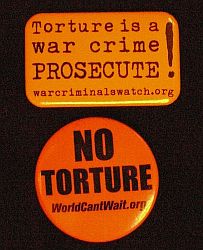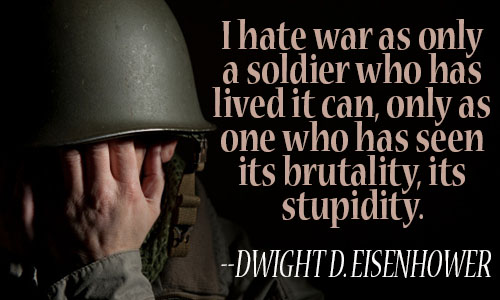November 11 – Once, a day to honor peace
by Kim Carlyle
“Peace,” most Americans, as individuals, would say if asked
their preference. But collectively, Americans prefer “War.”
We are a militaristic nation. If expenditures measure
priorities, the U.S. overwhelmingly favors war. The National Priorities Project
reports that 55% of discretionary spending in 2015 will go for military. The
U.S. accounts for 40% of the world’s total military spending—more than China,
Russia, the UK, France, and the ten next highest spending countries combined!
But we give no thought to war’s costs, or its morality,
legality, or efficacy. (No war in my lifetime – and I’m an old man – has
achieved its purported goals.) Still, we readily send our youth to fight and
die, disregarding war’s long term effects on them and their families. Soldiers
return with physical injuries, disfigurement, post-traumatic stress disorder,
and moral injury—the feelings of guilt, grief, and numbness that haunt veterans
who have been a part of something that betrays their sense of right and wrong.
Then we honor these veteran-victims of war for their
sacrifice. But did their pain lead to any gain? Was the price they paid worth
it? It may be right to honor those former members of the military who set out
with the best of intentions, but doing so implicitly condones, if not honors,
war itself.
War is the use of violence to try to get our way. Such
behavior in the home, at the workplace, or on the playground would result in punishment
or, at least, reprimand. Yet war or threat of war is the primary U.S. foreign
policy tool – and Americans support it with their dollars and their children.
We’ve created a culture of war. Our media—news, television,
and feature films—promote and glorify war; our politicians, with few veterans among
them, beat war drums at the slightest provocation; our churches pray for our
troops (but only our troops—not any other troops nor even the innocent
civilians we call “collateral damage”); our holidays and monuments commemorate war.
It wasn’t always this way. We once honored peace.
Ninety-six years ago, on November 11, 1918, a senseless,
four-year, worldwide bloodbath claiming twenty million lives ended. President
Wilson proclaimed Armistice Day to remember the dead and give thanks for the victory
“because of the opportunity it has given America to show her sympathy with
peace and justice in the councils of the nations.”
The 1926 Congressional resolution about Armistice Day
stated, “the recurring anniversary of this date should be commemorated with
thanksgiving and prayer and exercises designed to perpetuate peace through good
will and mutual understanding between nations.” In 1938, November 11 became a
federal holiday, “a day to be dedicated to the cause of world peace and to be
thereafter celebrated and known as ‘Armistice Day.’”
A day dedicated to peace!
Congress even outlawed war. With the 1929 Kellogg-Briand
Pact, the U.S and most of the world’s established nations agreed “that the
settlement or solution of all disputes or conflicts of whatever nature or of
whatever origin they may be, which may arise among them, shall never be sought
except by pacific means.”
Nonetheless, another great war, worse than the first, broke
out and raged for six years. But this
war’s end brought no rededication to peace. Instead, Congress in 1954 changed Armistice
Day to Veterans Day—a subtle shift of emphasis, from honoring peace to honoring
veterans and, by extension, honoring war.
To truly honor today’s veterans for their well-intended
sacrifices, let’s not create tomorrow’s veterans. Instead, let’s think
critically, morally, humanly, as individuals about war; then collectively
create a culture of peace. And let’s restore November 11 as a day “dedicated to
the cause of world peace.”







